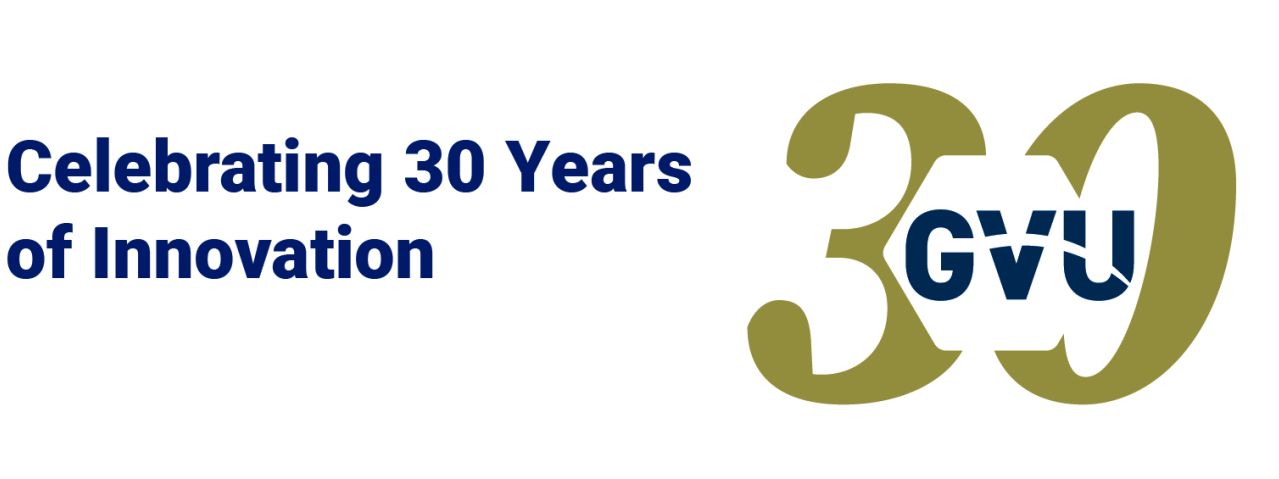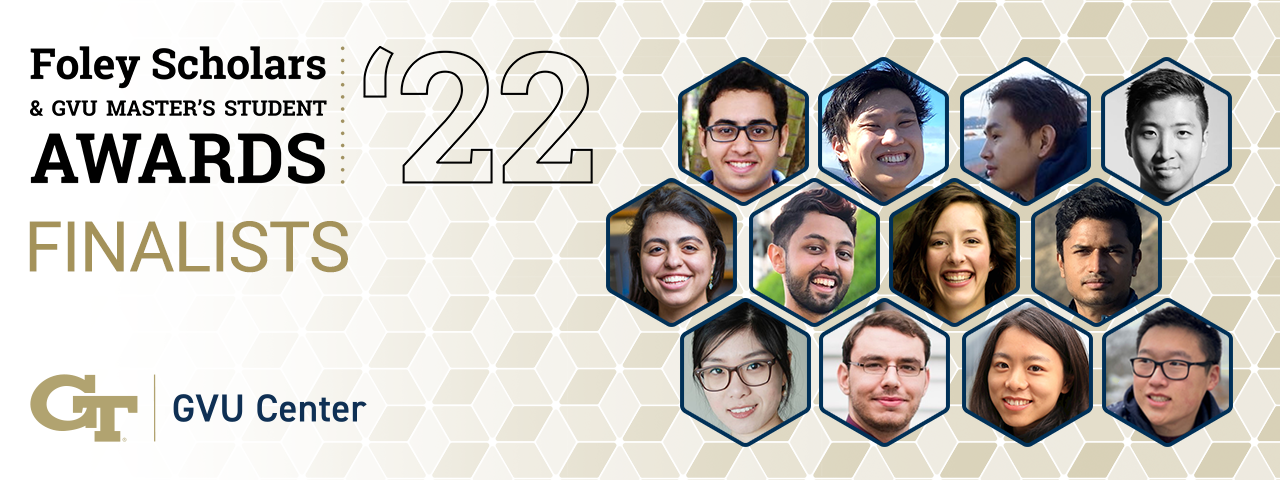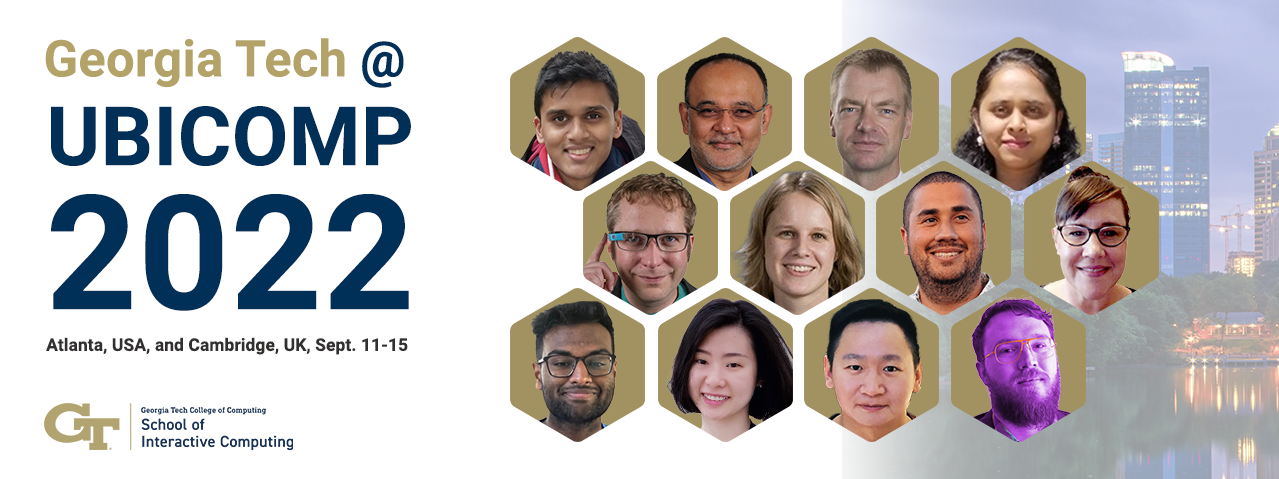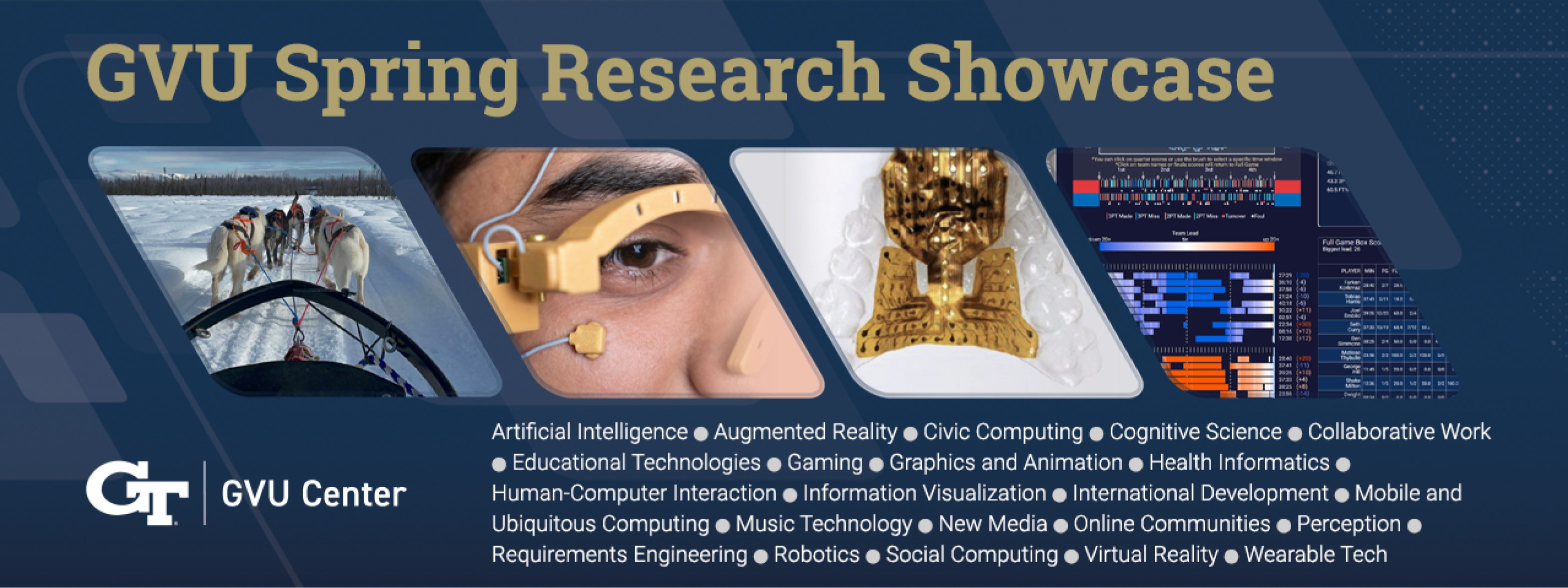Featured Projects
|
We are living in a multitasking society. We are experiencing an unprecedented level of sensory and cognitive overload, in which we have too many things going on at once, making us more likely to be absentminded. How to involve technology in promoting mindfulness and making it part of the process of achieving it is the question we need to answer in this project. |
Solid SketchLab: SolidSketch is a solid modeling program that enables users to rapidly construct 3D models through sketch and multi-touch input. The interaction design principles of SolidSketch are based on the cognitive science theory of enaction. This paper uses the enaction theory as a lens to describe why the interaction designs of conventional CAD tools often fail to support early stages of the design process. We argue enactive interactions would support design creativity by enabling rapid iteration and continuous feedback throughout a flexible design exploration. 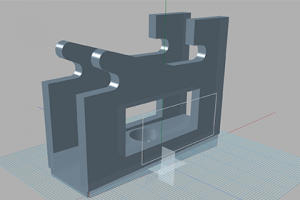 |
The rise of ubiquitous technology has resulted in opportunities for the design of new interactive museum exhibits that can be customized to families. Children's museums can be engaging, informal settings in which children learn fundamental science, technology, engineering, and math (STEM) concepts through hands-on experiences. |
About GVU
GVU Resource Labs

App Lab
Built for Success
A mobile computing "hackerspace."
Visit the App Lab website
Location: TSRB 333

GVU Prototyping Lab
From Concept to Creation
A rapid prototyping "makerspace."
Visit the Prototyping Lab website
Location: TSRB Basement

GVU Craft Lab
Making for All
A soft-goods "makerspace."
Visit the Craft Lab website
Location: TSRB 225B

Usability Lab
Testing Methods and Technology
An adaptable project testing space.
Visit the Usability Lab website
Location: TSRB 216


